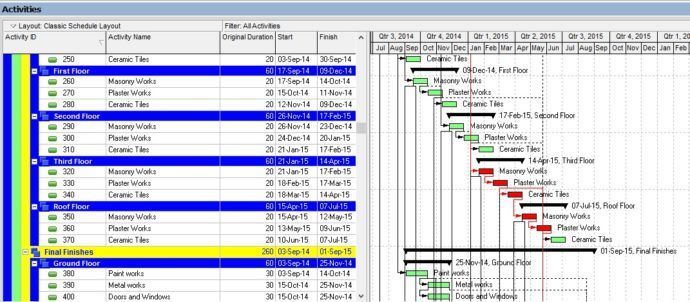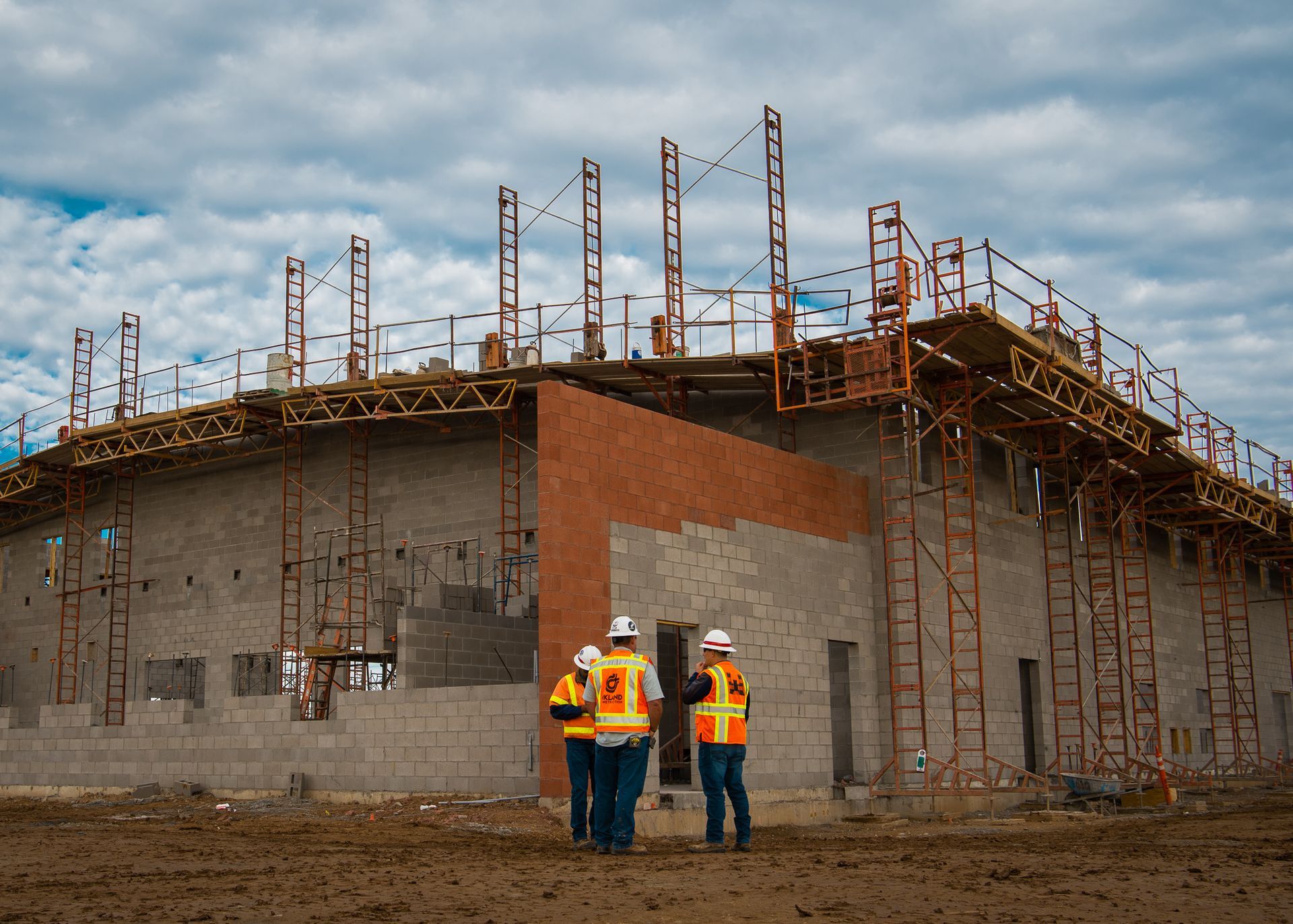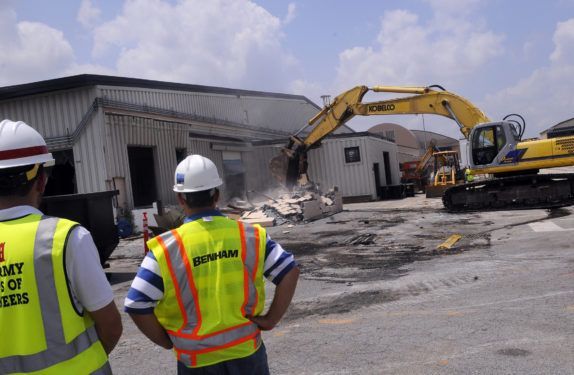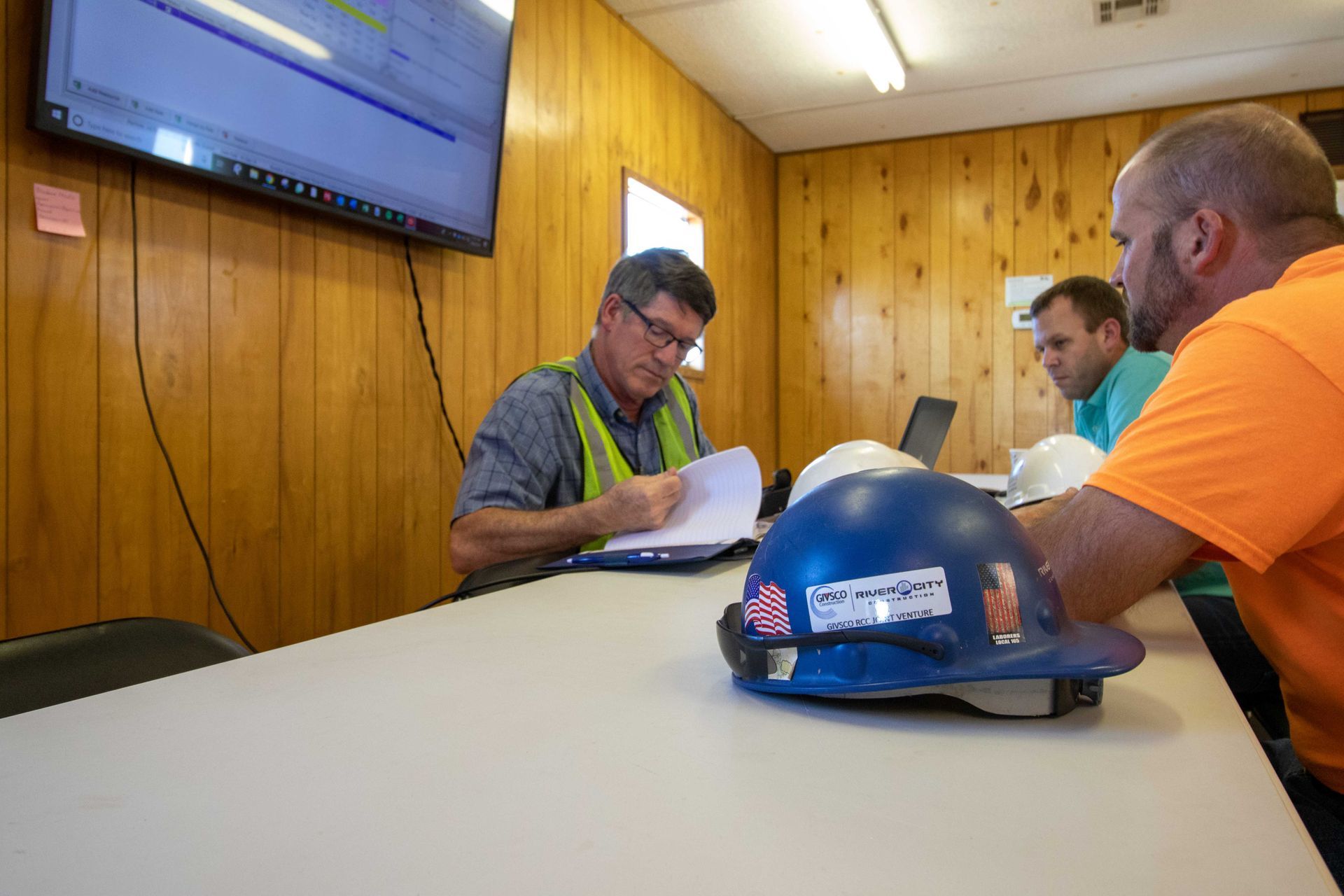Construction Project Management Tips from the Pros
Construction Project Management Tips from the Pros
Construction Project Management Tips from the Pros. “If you fail to plan, you plan to fail.” This old adage couldn’t be truer than it is for construction projects. When things go off the rails, it’s the project manager that becomes responsible for getting the entire team back on track. Whether you’re just beginning your role as a project manager or this has been your job for years, it’s important to revisit the basic best practices of construction project management.

Establish a schedule — and stick to it
Try as managers might, there are several factors throughout construction projects that could potentially delay the timeline and skyrocket costs for all parties involved. While some of these are unavoidable, there are several tips PMs can utilize to keep a close, consistent eye on things.
- Get a bird’s eye view of the entire project with as many details as possible
- Ask as many questions from the beginning to help iron out specifics and save time
- Don’t be afraid to point out any unrealistic expectations from anyone involved
- Cross-reference your project with others to ensure resources are available
- Monitor your schedule at every step and invest in project management software to help
Not only can schedules offer a blueprint for success, they can also offer transparency so everyone involved can easily track progress and identify areas for improvement.
Communication is Key
Even with planning and scheduling, regular communication is crucial for avoiding costly delays or downtime. Before problems arise, develop a chain of command and protocol for addressing situations. Establish best practices for which conversations should happen in text or email, and which require in-person meetings or phone calls.
All communication should go through the project manager’s channels and documented in the software being used to schedule projects. To keep everyone (literally) on the same page, managers should develop project communication plans that can be as simple or as complicated as necessary to organize important information that everyone can access at a glance.
While these plans can be customized to each industry and project, they should include universal components like communication goals, stakeholders, role titles, and frequency of communication. These plans should be reconciled with your original schedule to identify progress and benchmarks.

Put Out One Fire at a Time
With so many moving parts and team members involved, it’s easy to get overwhelmed by the number of issues that need your attention. Part of your role as a project manager is to be a part-time firefighter, but even they have finite resources and must prioritize which blaze to tackle first.
Address possible obstacles before beginning the project and decide which move to the front of the line. Whether it be an impact on finances, timeline, safety, or something else, create a hierarchy that can give a clear path of action. This can give the team some guidance to free your time up to manage your project and keep it on time.
Make Time for Time Management
Simply put, project managers can’t afford not to be productive. Creating a daily routine can help managers find flow, reduce stress, and ensure a project’s success. Try these tips:
- Don’t neglect your schedule: This is a roadmap that you follow and refer to every time you need some direction so use it
- Delegate or DIY: You have two choices, make them count. Figure out early on which tasks you can pass along to someone else
- Make meetings count: If there’s no action coming from meetings, don’t waste your time holding them, simply put
- Choose tech tools: Just like with construction, you need specialized tools for each job — time management included
- Remember 80/20: Prioritize the tasks in the top 20% of your must-do list and then work on the other 80%

Call in the Pros
Sometimes a project is just too large or complex for one project manager to handle solo. This is the time to partner with a solutions provider that can find opportunities to fill in gaps. Construction project management pros with the experience and expertise needed to support your work can help make your approach seamless and successful.
Critical Path Methodology (CPM) and supplemental software can play a large part in this relationship, and the partners you choose should have extensive knowledge of this strategy that has proven its success time and time again. We are experts in the use of Primavera P6 and P3, SureTrak, and Microsoft Project software, each of which keeps owners and contractors up to date in real-time on the status of a project.
Get in touch with our team to learn more about how you can optimize your project management skills and make each construction project even more successful than the last — whether you’re new or a PM veteran.







